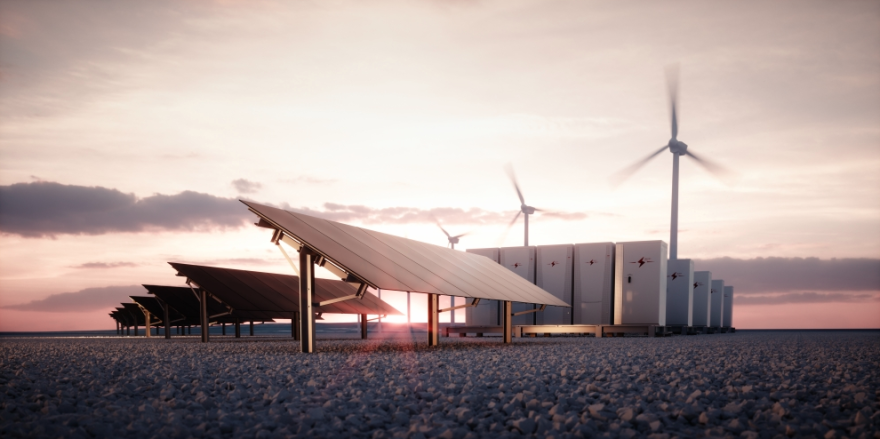As an increasing number of states focus on renewable energy, batteries are becoming more of a necessity. And according to a , battery costs are dropping鈥攂ut not enough to compete with fossil fuels.
The report comes from Climate Central, a nonprofit organization that studies the impacts of climate change. In it, the authors state that batteries and renewable energy sources are becoming cheaper by the year.
鈥淎lthough its price is declining, battery storage is more expensive than other energy sources, and state and federal government policies, such as procurement goals, financial incentives, or requiring storage capacity in state energy plans, will impact the future growth of battery storage,鈥� the report states.

Chuck Kutscher, a renewable energy researcher at the University of Colorado, Boulder and former National Renewable Energy Laboratory center director, says that while batteries aren鈥檛 cheap, 鈥渢he good news is that we鈥檙e seeing battery costs drop rapidly just because of deployment.鈥�
鈥淟ithium-ion batteries are the leading technology right now,鈥� Kutscher said. 鈥淲e may see . But looking at battery storage, both at a utility scale and even in the home, makes a lot of sense.鈥�
The report says there are still issues with lithium-ion batteries though, including safety and environmental impacts from lithium mining.
But Kutscher says as technology advances, batteries will become safer and able to store more power at a lower cost.
This story was produced by the Mountain West 暗黑爆料 Bureau, a collaboration between Wyoming Public Media, Boise State Public Radio in Idaho, KUER in Salt Lake City, KUNR in Nevada, the O鈥機onnor Center for the Rocky Mountain West in Montana, and KRCC and KUNC in Colorado.
Note: An earlier version of this story titled Kutscher as former National Renewable Energy Laboratory director. It has been updated to National Renewable Energy Laboratory center director.
Copyright 2020 KUNR Public Radio. To see more, visit . 9(MDAxNDQ2NDAxMDEyNzU2NzM2ODA3ZGI1ZA001))







